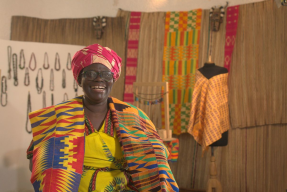The Superfood You've Never Heard of and How it's Educating Orphans
September 26, 2013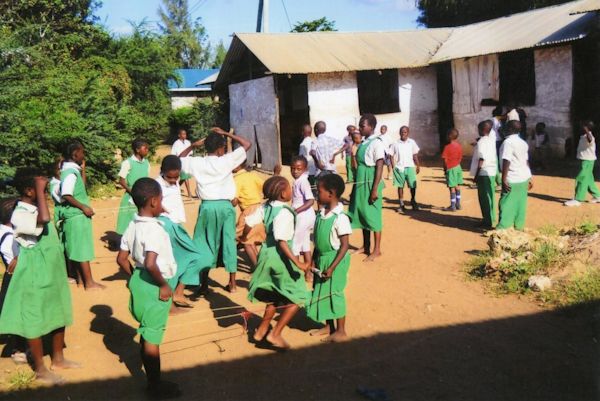
As I sank into the plush seat on the overnight bus toward the Kenyan coast for the first time, I let out a sigh of relief. Nairobi, aptly dubbed “Nairobbery” by locals and expats for the high number of muggings, break-ins, and carjackings, was starting to wear me out.
“The coast is different,” my regular taxi driver had told me. “People aren’t as stressed out, and they enjoy life.”
It was true. Maybe it was the lingering humidity or the pristine beaches, but people sauntered through the streets in Mombasa as though to fill the senses with the salty air and the quiet buzz of the ubiquitous tuk-tuks. There was a sense of community and intimacy that I hadn’t quite experienced yet upcountry, akin to the “Southern charm” back in the States.
From Mombasa, I traveled two hours up the coast to Malindi, a small beach town accessible via a smooth highway that cuts through sisal plantations and majestic baobab trees. The landing site of Portuguese explorer Vasco da Gama, Malindi now hosts hordes of Italian transplants and tourists (and purportedly, the Italian Mafia and fugitives).
I was supposed to meet Catherine, a borrower endorsed by a Kiva Zip trustee called Botanical Treasures that sells health products in Kenya. Catherine greeted me outside of the local Nakumatt, a supermarket chain comparable to Wal-Mart with its wide range of items, offering bikes to bananas and everything in between. I wasn’t expecting to see anyone else, but she brought her husband Antony, who also happened to be a Kiva borrower endorsed by the same trustee.
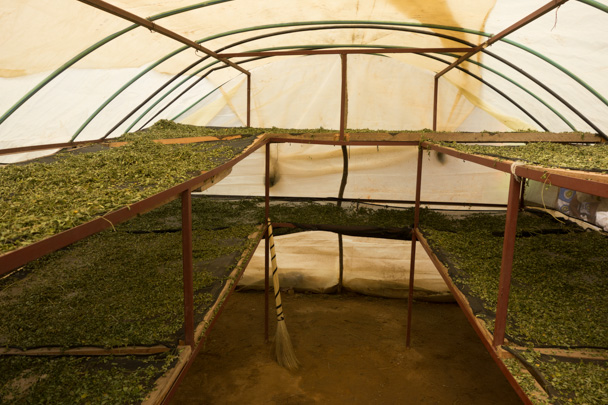 Inside the newly constructed dryer
Inside the newly constructed dryerWith eagerness, Catherine and Antony showed me the sturdier and more efficient dryer they constructed with their last loan to increase the yield of moringa leaves. The new dryer maintains an optimal humidity to ensure that the leaves are not too dry or too moist for packaging. When the leaves are ready, they are shipped to a processing plant in Nairobi to be grounded into powder form. The powder can be added to drinks for a quick nutritional boost, or incorporated into other health products.
Catherine and Antony believe that the benefits of moringa are just catching on and that demand will increase even more in the near future.
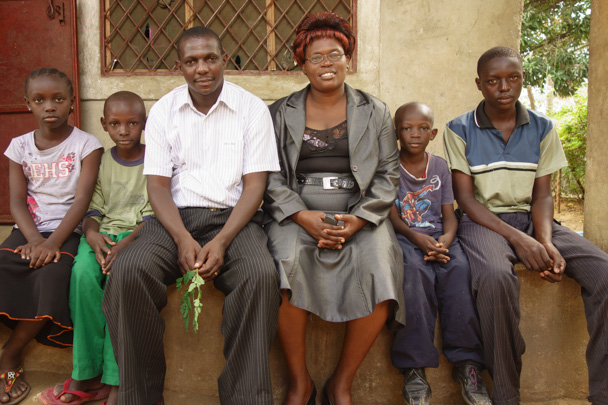 Catherine, Antony and their four children
Catherine, Antony and their four childrenI cozied up on the living room sofa, meanwhile trying to tune out the telenovela blaring in the corner, and began asking a slew of questions as part of Kiva’s borrower audits. These audits verify basic information about the purpose of a Kiva loan, i.e. what it was actually used for, and help us to collect data on social impact factors such as job creation, personal welfare, etc. For example, some common questions we ask are, How many workers have you employed since receiving the loan? How many children can you afford to send to school? How many meals do you eat per day?
There was no doubt that Catherine and Antony had had major improvements in their personal lives since receiving their last loan. They moved to a bigger house. They switched their kids from public to private school. They ate bigger and more nutritious meals. They were feeling happier and less stressed, which I could guess from Antony’s youthful appearance despite raising four active children.
But their story wasn’t unique to the impact stories that we get to hear and share about as Kiva fellows.
“Do you want to see our church and school?” Antony asked after the interview.
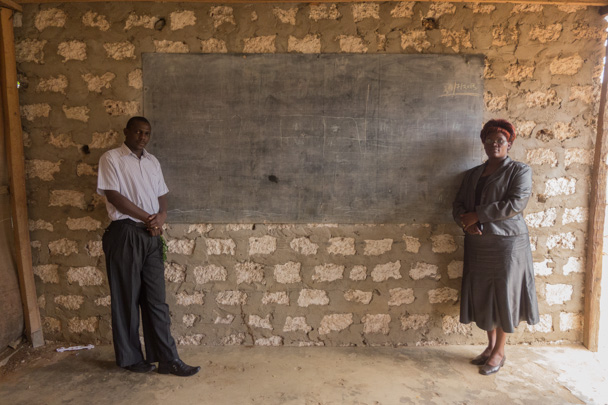 One of the classrooms
One of the classroomsIt turns out that Catherine and Antony, both pastors at their church, used the profit from their moringa business to operate a nonprofit school for 67 orphan children in their community. They currently offer kindergarten to 5th grade, but the students never really graduate from the school—instead, a new grade level is added every year. They employ four full-time teachers and provide all the supplies for the students.
Guess how big their loan was? $300 USD.
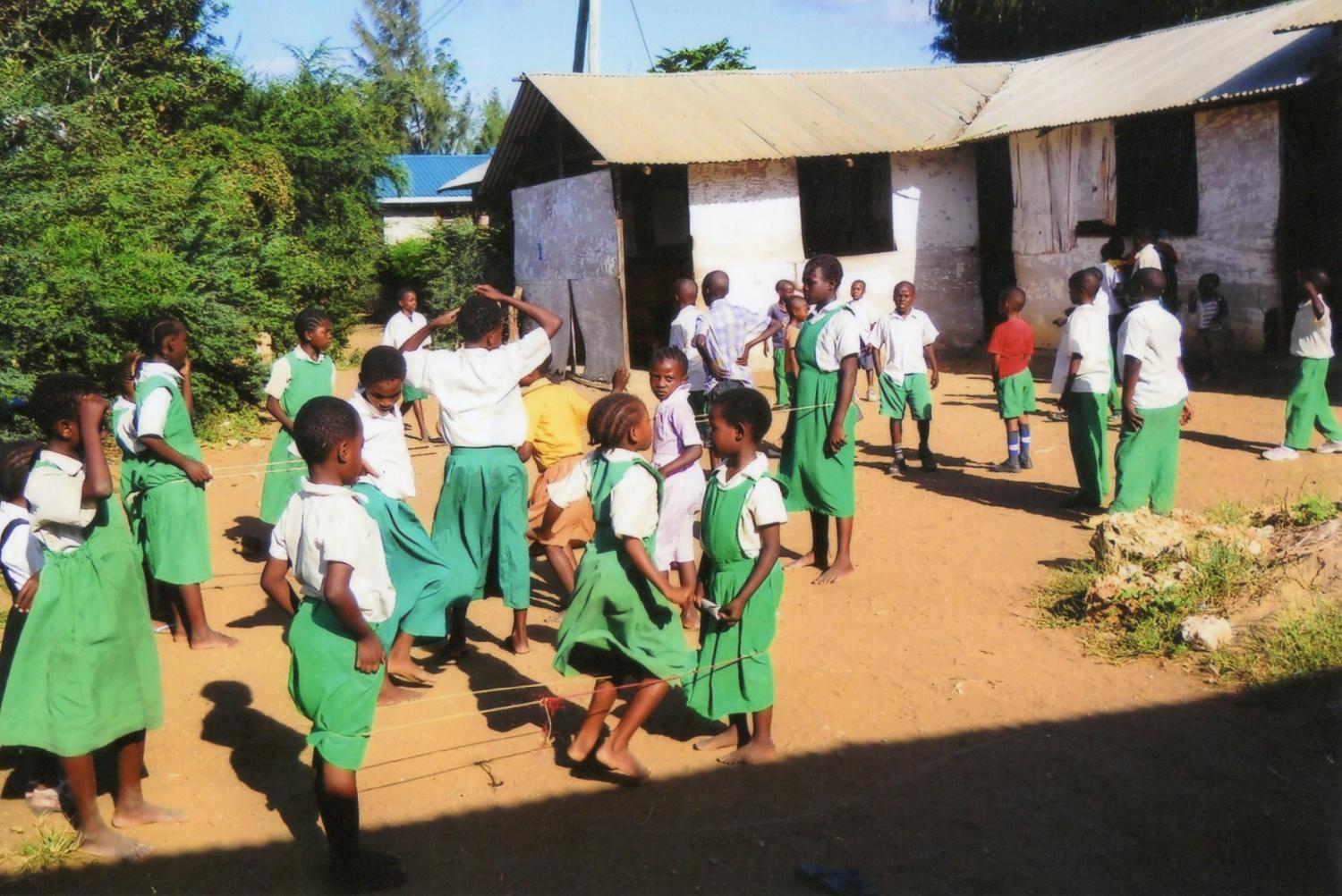 Recess time (pic courtesy of Antony)
Recess time (pic courtesy of Antony)Who would have imagined that lending as little as $5 to Catherine and Antony’s superfood business indirectly supported orphan children’s education?
That is the power of Kiva. Whose life can you impact today?
PREVIOUS ARTICLE
Vietnam - The sensation of Autumn →NEXT ARTICLE
The Adventure to Tabletize Microfinance in Kenya! →


